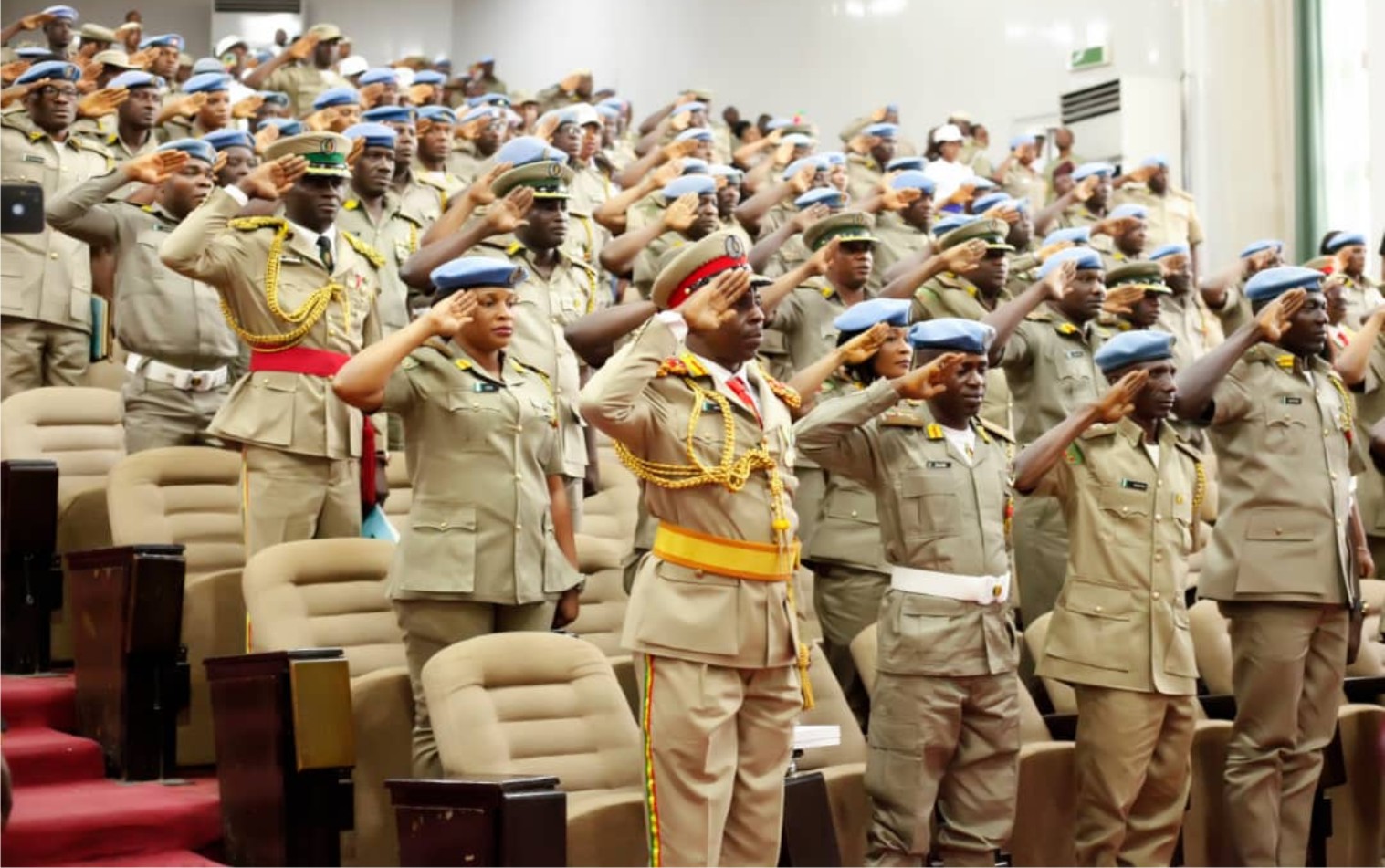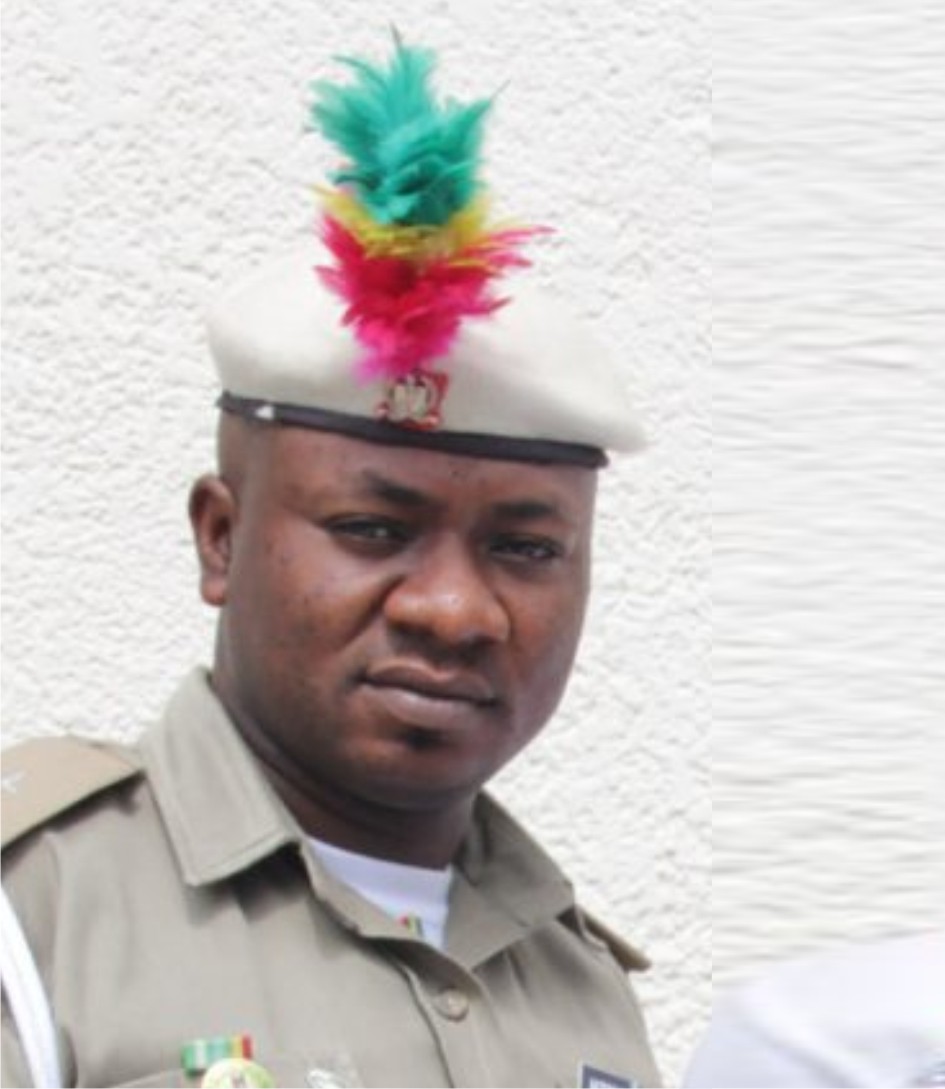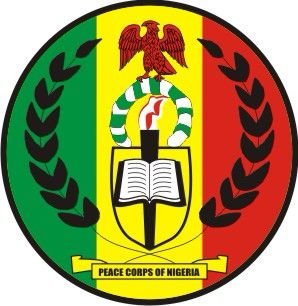
Who We Are
We bring the right people together to challenge established thinking and Drive Transformation.
Founded on July 10, 1998, by renowned youth advocate Dr Dickson A. O. Akoh, the Peace Corps of Nigeria (PCN) is the nation’s leading youth-focused organization, dedicated to empowering young people and promoting peace and national development.
With the motto “Discipline and Patriotic Services,” PCN envisions a Nigeria where every young person is inspired, equipped, and connected to opportunities that transform lives and strengthen communities.
Over the last 26 years, PCN has grown to over 187,000 members, including volunteers and staff, with active branches across all 36 states and the Federal Capital Territory.
We focus on:
- Youth empowerment & skill development
- Peace-building & community service
- Volunteerism & neighborhood watch
- Ethical leadership & citizenship education
Officially incorporated on May 1, 2002, and recognized by the Federal Government of Nigeria, PCN operates as a licensed Non-Governmental Organization (NGO) under the Federal Ministry of Budget and National Planning. It also holds recognition from the Federal Ministries of Youth Development and Education, thanks to its impactful programs in schools and communities.
On a global level, the Peace Corps of Nigeria holds Special Consultative Status with both the United Nations (UN) and the African Union (AU). We collaborate with international partners including UNESCO, UNEP, UN Global Compact, and the Global Network for Civil Society Organizations to advance the Sustainable Development Goals (SDGs).
Through youth development, humanitarian work, and peace-building efforts, PCN is creating lasting change—locally and globally.
We Bring the right people together to challenge established thinking and Drive Transformation.
- At PCN, we believe that the youth are not a homogenous group, and every single young person deserves opportunities to learn, grow and excel.
- We prioritize diverse voices and social inclusion to ensure that they realize their full potentials, which in turn, makes the world a better and more equitable place.
- To support all young people across the country to succeed in realizing the future the desire for themselves,
- PCN is committed to advancing social inclusion by breaking down barriers limiting young persons’ chances to thrive and work to derive equal access and outcomes.
We Bring the right people together to challenge established thinking and Drive Transformation.
- Our programs are grounded with local contents by local partners around the globe,
- and ably supported by PCN members and volunteers across the country.
- This helps us to proffer solutions that address real needs, challenges and explore opportunities.
We Bring the right people together to challenge established thinking and Drive Transformation.
- In the last 22 years, PCN has demonstrated commitment to positive and impactful youth development in Nigeria, and has gained a track record of programmatic achievements,
- During this period also, the world around us has changed significantly.
- With an estimated over 1.2 billion young people now on the planet, a significant number of whom are not in school, work or any form of training, we see the need to scale up our intervention and impact quickly..
We Bring the right people together to challenge established thinking and Drive Transformation.
- Globally, employers have identified two (2) critical gaps-relevant technical skills and life skills.
- PCN initiatives improve skills alignment and equip young people with skills to effectively contribute meaningfully to the workplace, excel in self-employment or as entrepreneurs.

Your most asked queries
are answered by Our Intelligent Patroits
The logo of Peace Corps of Nigeria comprises of a Torch with a Red Flame, an Open Book, an Eagle, a Band and a Wreath; while its colours are Green, Yellow and Red.
The Torch symbolises National Unity and Integration; the Red Flame stands for the burning desire for academic excellence by Nigerian youths; the Open Book depicts Educational Institutions as the primary focus, the Eagle connotes Strength, the Band represents the Nigerian National Colours, while the Wreath depicts the nation’s fertile landmark and the Law of Modification, which places high premium on the youth.
In terms of the colours, the Green connotes Re-Orientation as basis for Character Rejuvenation of the citizenry, while the Yellow and Red represent National Integration and Strict Discipline, respectively.Our Driving Philosophy
The Peace Corps of Nigeria is founded on the conviction that properly guided and purpose-driven youth possess the capacity to address the most pressing challenges of our time.
For over 26 years, the organization has consistently led coordinated and impactful initiatives aimed at harnessing the potential of Nigeria’s young population. Central to our mission is the development of strategic partnerships and the implementation of well-structured programs that prepare young individuals to excel as responsible citizens, competent professionals, visionary entrepreneurs, and agents of transformative change.
The PCN Academy
View Locations
See Partners
Our Values
Our Values
We mobilize for change and capacity development
iconOur Membership
BECOME A MEMBER
The membership of the PCN is open to all Nigerian youths, irrespective of their religion, tribe, sex or social status. Currently, PCN has a membership strength of over 187,000 youths, comprising of both regular members and volunteers.
Also, it has a well-structured network of branches in all the 36 States of the Federation, including the Federal Capital Territory.
The activities of PCN are generally related to the promotion of peace and social order, youth development/empowerment, volunteerism, humanitarian services, environmental health and preservation/maintenance of social order.

Regular Members
Read More
Student Membership
Read More
Volunteer Member
Read More
The Corps maintain one indivisible Headquarters headed by the National Commandant and for ease of administration, the Headquarters maintains seven departments with each headed by a Deputy National Commandant. The departments are:
- Administration;
- Finance and Accounts;
- Peace Corps Secretariat;
- Training and Operations;
- Intelligence and General Services;
- Policy and Plan; and
- Logistics and Supply.
Nigeria:
- Companies and Allied Matters Act (CAMA), 2020 of the Laws of the Federal Republic of Nigeria, LFN
- Federal Ministry of Finance, Budget and National Planning; licensed to operate in Nigeria as a Non-Governmental Organization
- Notable member of the National Youth Council of Nigeria, NYCN which serves as the umbrella body of all voluntary youth organizations in Nigeria
- Active partner of the National Emergency Management Agency (NEMA) to assist in delivery of emergency relief services and rehabilitation of internally displaced persons across the Country
- PCN is recognized by the Federal Ministry of Youth Development in line with the National Policy on Youth Development
- The Federal Ministry of Education licensed all of PCN activities in all Federal Government Colleges in Nigeria
- To demonstrate its acceptance across the nation, Governments of all the 36 States of the Federation and the Federal Capital Territory, FCT gave their approval for the establishment of the Corps' scheme in their schools and colleges.
Membership of the Corps is open to all Nigerian youths within the ages of 18-35 irrespective of religion, tribe, sex, political affiliations or status with a minimum academic qualification of Senior Secondary Certificate Examination or its equivalents. Thus far, PCN has a membership strength of over One Hundred and Eighty- Seven Thousand (187,000) youths comprising of very well-trained officers, regular members and volunteers (mostly graduates of different disciplines).
As an organized grass-rooted and organic body with membership well spread across the nation, PCN has its headquarters in the Federal Capital Territory, Abuja with a web of membership and a well-structured network of branches across Nigeria. It has a Zonal Command in each of the geopolitical zones. Furthermore, it has State Commandoffices in the thirty six States of the Federation and the Federal Capital Territory, Abuja. While it has District Commandin each of the109 Senatorial Districts, the Corps has a Local Government Command in each of the 774 Local Governments/ Area Councils.
For over a decade, Officers of the Peace Corps of Nigeria have been engaged at various events by Government establishments, institutions of learning and religious bodies to assist in the maintenance of law and order, crowd management and control during programmes with good commendations and testimonials at all times. Some of the achievements of the Peace Corps are as follows:
- The Founder/National Commandant, Peace Corps Of Nigeria, Dr Dickson Akoh, flagging-off a Peace Campaign In Abuja in 2019 – Gallery: Image 1
- Covid-19 Pandemic Measures Enforcement in Nigeriain collaboration with other security agencies
- Delegation to the 2016 United Nations General Assembly at the UN Headquarters, New York City, USA
- Colour Party and Regimental Band of the Peace Corps of Nigeria on Ceremonial Parade at the Eagle Square, Abuja on the Occasion of its 18th Anniversary
- Delegation to the 2012 United Nations Earth Summit on sustainable development in Rio de Janeiro, Brazil.
- Capacity Building: Retreat, Training on Digital Literacy and Peace Building for Senior Officers of the Corps
- Peace Corps Medical Outreach to Rural Communities in Nigeria
- Drill Instructors of PCN demonstration group salute before the gentlemen Cadets of the Corps during their Mandatory Basic Training at the NYSC Orientation Camp, Ede, Osun State
- The Corps 36 States and the Federal Capital Territory Commandants in a group photograph at the Headquarters Jabi, Abuja
- Peace Corps Humanitarian Support for the Orphanage Homes in Nigeria
- Peace Corps Educational Support Programme in schools and colleges in Nigeria
- Tree Planting Programme in Support for Climate Change Mitigation Measures (SDG Goal 13)
- Peace Corps of Nigeria Humanitarian Outreach to IDP Camps and Correctional Centres in Nigeria.


